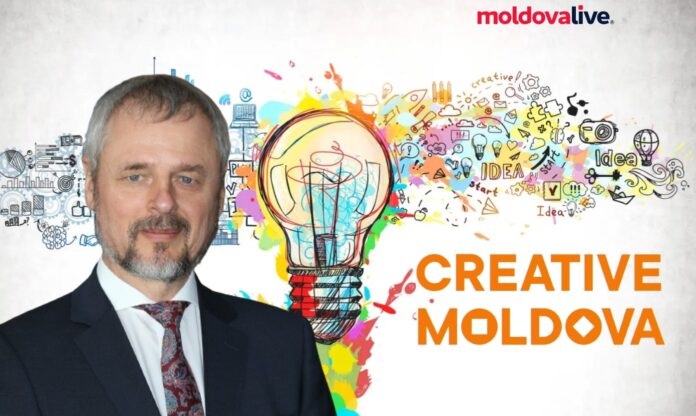Moldova has withdrawn from the ”Creative Europe” program, which could have provided EU funding for artists in our country, stated Minister of Culture Sergiu Prodan during the ”Realitatea Te Priveste” program on Rlive. The main reason was that very few projects from our country received acceptance despite high contributions. According to the minister, the EU jury’s rejection of our projects highlights that we still consider our cultural projects immature from a European perspective.
”That moment was a positive one. Joining Creative Europe was a significant step forward. Unfortunately, our society at that time was not mature enough to take full advantage of the opportunities that opened up. Any opportunity involves costs. Moldova incurred the costs of joining and contributions. Over the 3 or 4 years that Moldova was part of this program, it paid over 400,000 euros, or 460,000 as I recall. In return, it benefited from only 38,000 euros,” stated Sergiu Prodan.
”Unfortunately, we contributed more financially to European culture than we benefited. We submitted a small number of projects. We made considerable efforts to train and explain how to develop and apply for projects. However, the European jury, which operates democratically, transparently, and independently, did not find our projects sufficient. Only 2 or 3 projects won throughout all the years. It shows that our cultural projects remain immature from a European perspective. On the other hand, we receive practically the same level of funding for Moldova, specifically for annual projects of non-commercial organizations, and we have many of them. However, we also set lower expectations.”
FOR THE MOST IMPORTANT NEWS, FOLLOW US ON TWITTER!
We note that on March 18, 2015, our country signed an agreement for Moldova’s participation in the ”Creative Europe” program. At that time, Moldova was the second neighboring country to join the program.
The agreement allowed Moldova to participate in the “Creative Europe” program, an EU initiative for the cultural, creative, and audiovisual sectors. Joining this program enabled cultural organizations in the country to collaborate with counterparts across Europe, access funding for cultural cooperation projects, subscribe to literary translation systems, and join European cultural networks.


